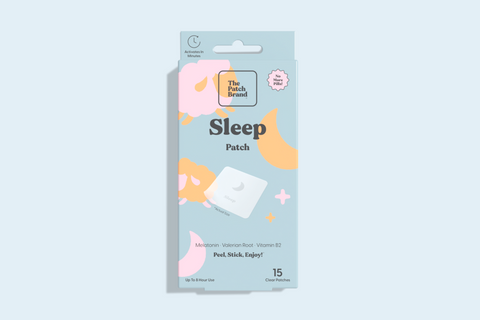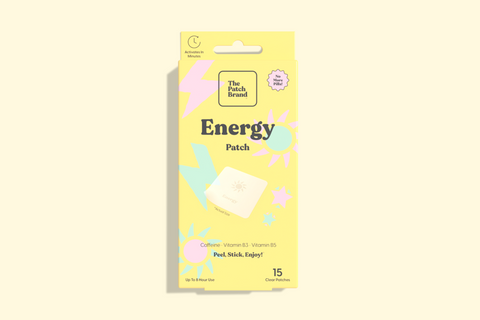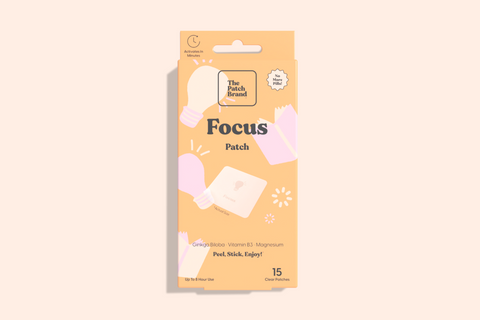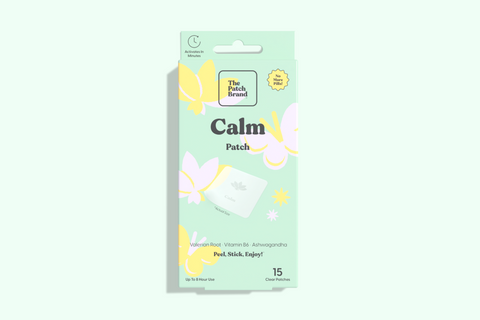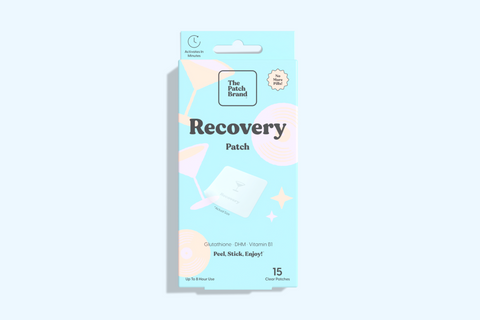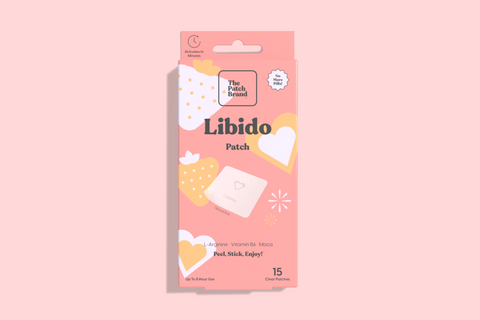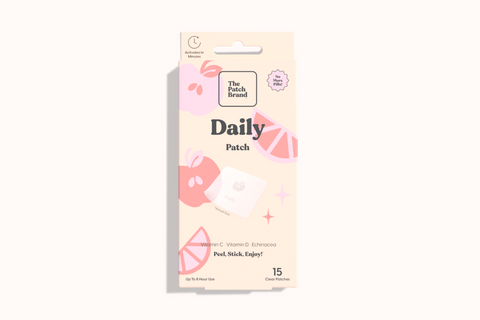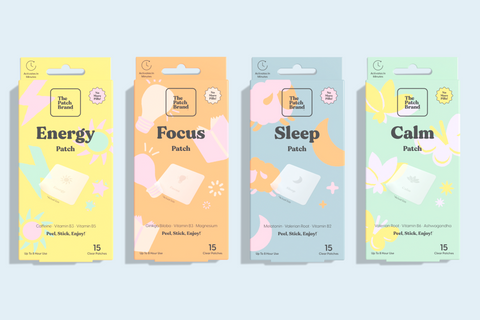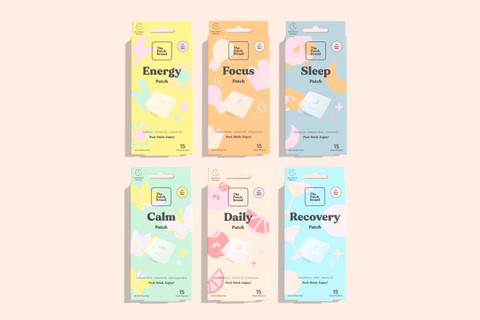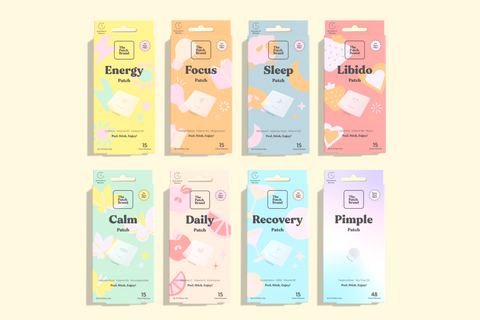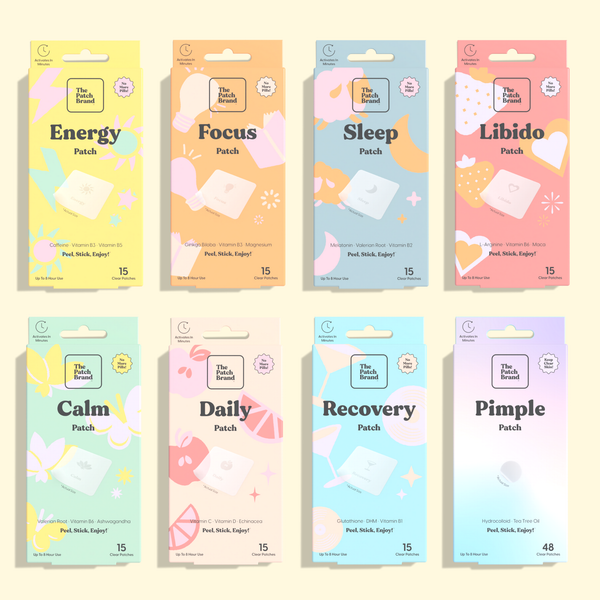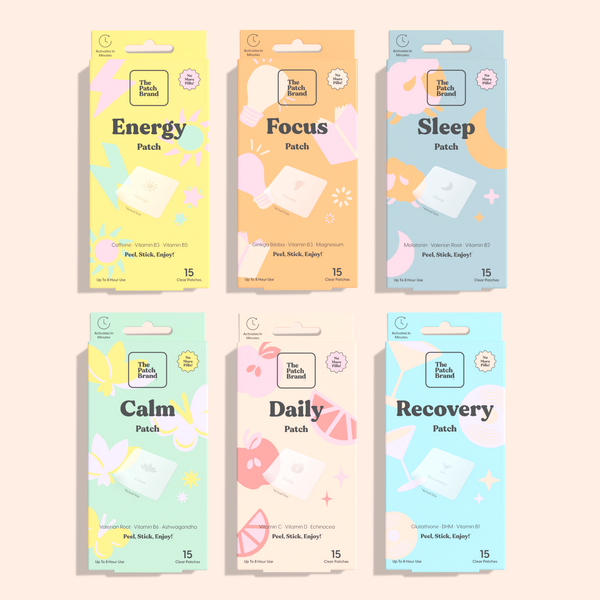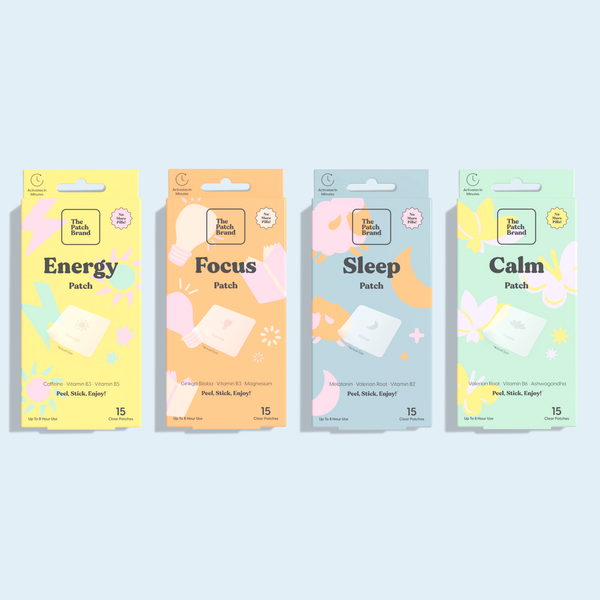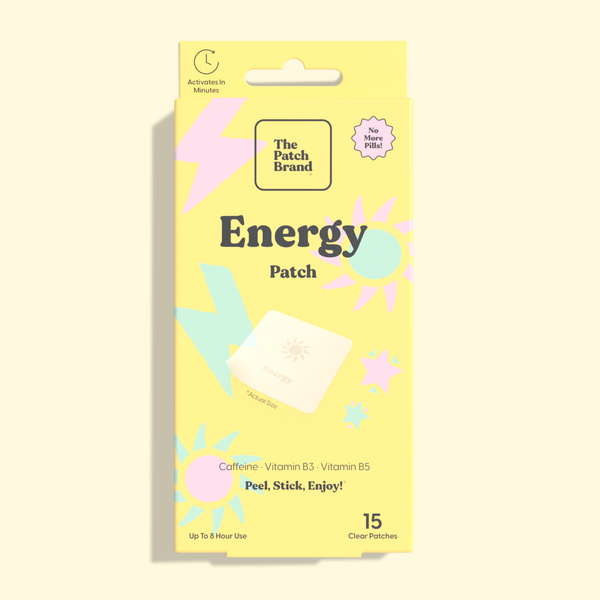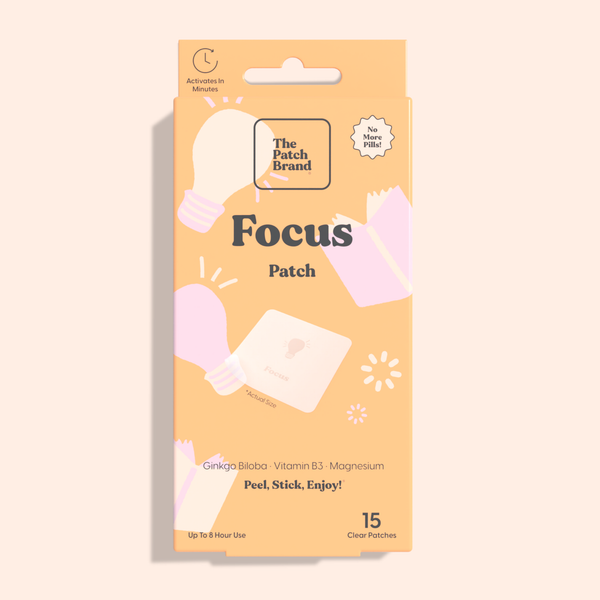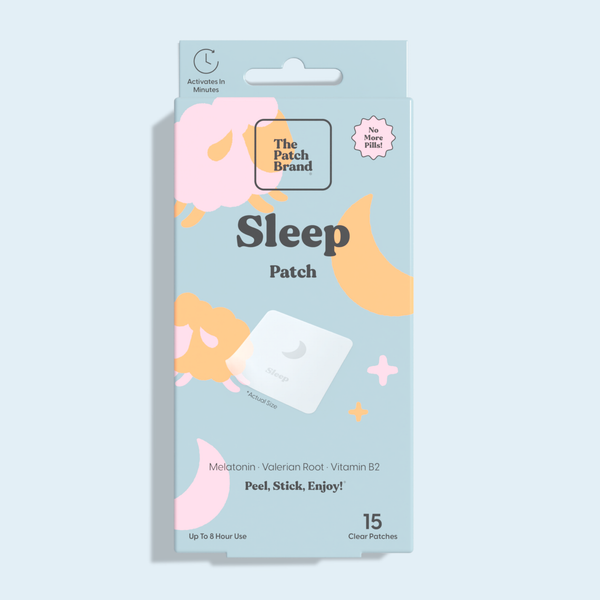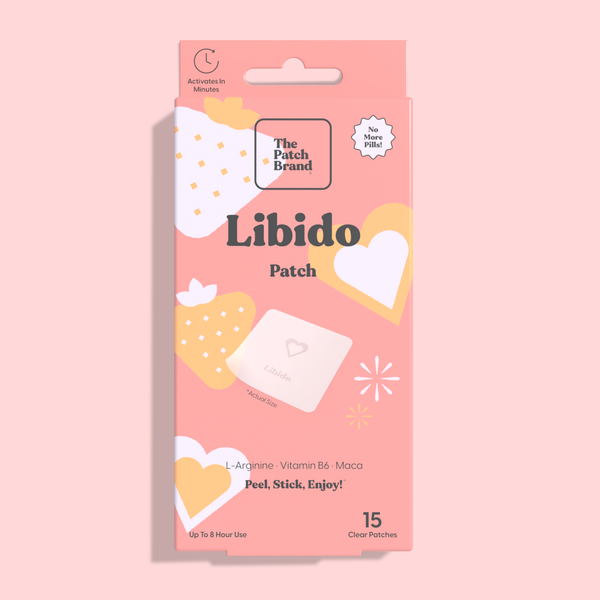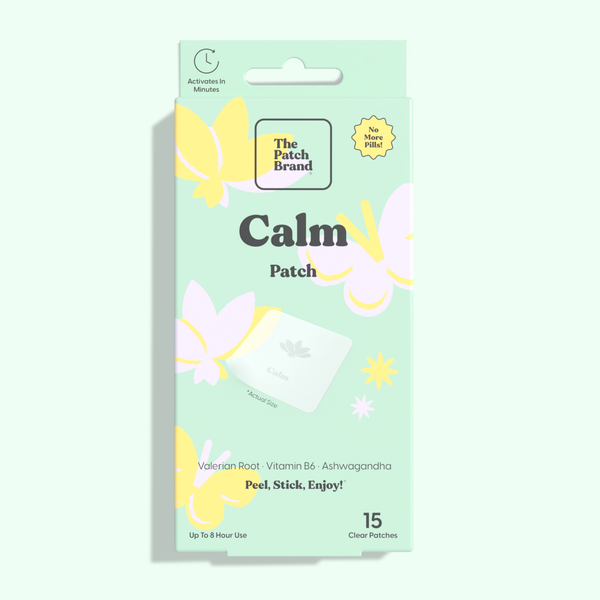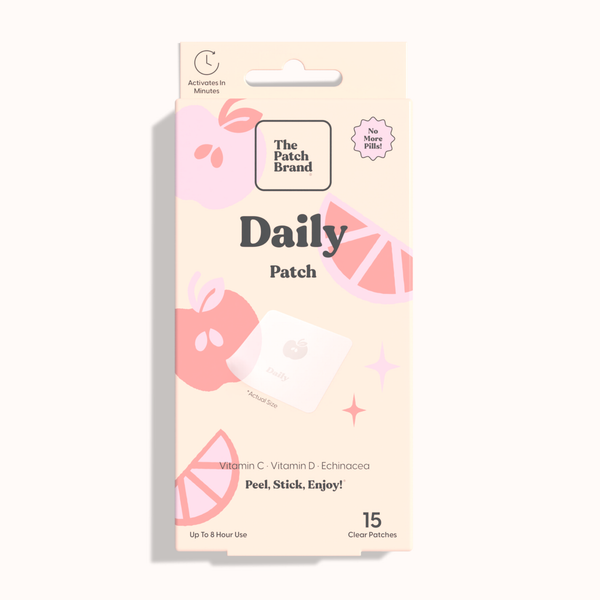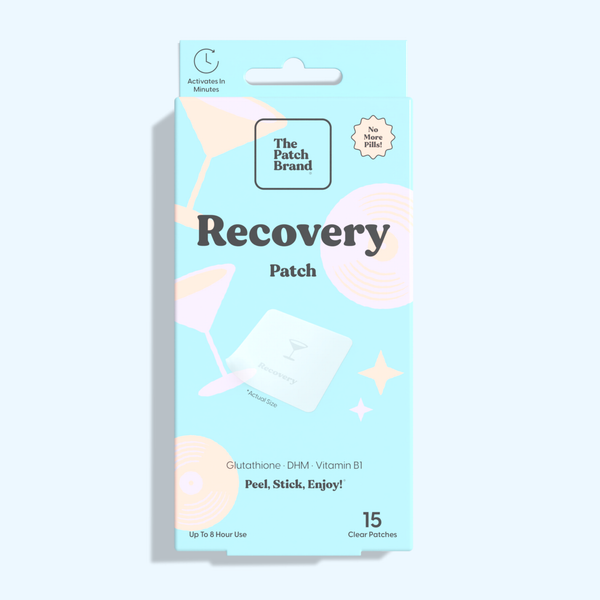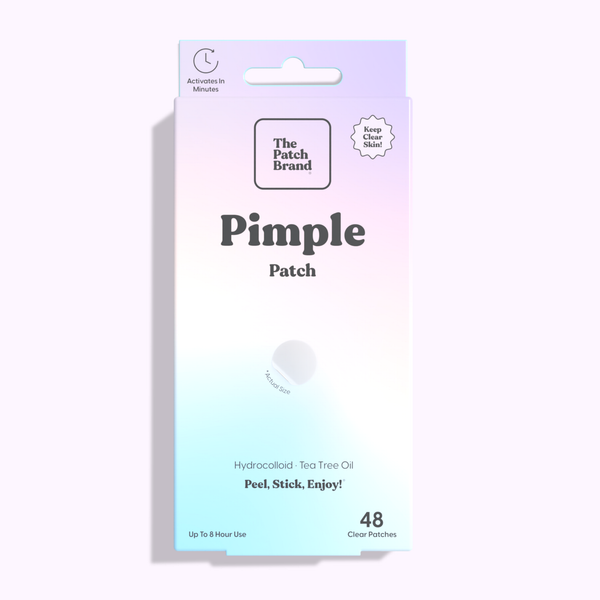The constant juggling of responsibilities can often lead to stress and exhaustion, affecting our overall health and well-being. Recognizing the need for effective stress management and energy enhancement techniques is crucial for maintaining a balanced life. This blog offers a holistic approach to nurturing both mental and physical health through a variety of methods. Additionally, the innovative use of vitamin patches offers a modern solution for those seeking sustained energy without the inconvenience of traditional supplements.

Reduce Stress
Deep Breathing
Deep breathing is a remarkably simple yet profoundly effective method for alleviating stress. The technique involves dedicating a few minutes each day to focus solely on your breathing. During this practice, you inhale slowly and deeply through your nose, allowing your lungs to fully expand. As you exhale slowly through your mouth, visualize stress and tension leaving your body. This method not only promotes relaxation but also improves oxygen circulation, which can enhance overall health and well-being. Daily deep breathing exercises can serve as a foundational tool for managing everyday stress, providing a quick and accessible way to calm the mind amidst a busy schedule.
Exercise Regularly
Engaging in at least 30 minutes of moderate-intensity exercise daily can significantly enhance cardiovascular fitness, increase mental alertness, and improve overall endurance. The release of endorphins, or "feel-good" hormones, during exercise helps to reduce stress and boost feelings of well-being. Proper hydration and monitoring exertion levels are also essential to maximize the benefits of your workout and prevent fatigue. Here are types of exercises that you can incorporate into your routine to help maintain a healthy, vibrant lifestyle:
-
Brisk Walking: Brisk walking is an accessible form of exercise that improves cardiovascular health, strengthens bones, and aids in weight management. It requires no special equipment and can be done anywhere, making it a versatile option for people of all fitness levels. Regular brisk walking can also reduce the risk of chronic diseases such as heart disease, diabetes, and hypertension.
-
Cycling: Especially for the lower body, which includes the legs, hips, and buttocks, cycling is a great low-impact workout that strengthens muscles. It boosts cardiovascular endurance and can be done outdoors on a bicycle or indoors on a stationary bike. This is also beneficial for joint mobility and has been shown to improve mental health by reducing feelings of anxiety and depression.
-
Swimming: Swimming is a total body workout that exercises almost every muscle group without putting stress on joints. It is particularly beneficial for individuals with arthritis or those recovering from injury. Swimming improves cardiovascular health, enhances muscle strength and endurance, and can significantly increase lung capacity.
-
Jogging: Jogging regularly can greatly improve cardiovascular fitness, build bone strength, burn calories, and help maintain a healthy weight. It is more intense than walking but is still considered a moderate-intensity exercise. Jogging can also have psychological benefits, such as reducing stress and anxiety.
-
Aerobics: Also known as cardio, it involves rhythmic activities designed to improve cardiovascular health and fitness. This might include activities like step aerobics, dance aerobics, or fitness classes that focus on high-energy routines. Regular participation can help reduce the risk of heart disease, lower blood pressure, and improve mood and cognitive function.
-
Yoga: This is a practice that combines physical postures, breathing exercises, and meditation to strengthen the body and calm the mind. It helps improve flexibility, balance, and muscle strength. Regular yoga practice can also reduce stress, enhance concentration, and contribute to better posture and body awareness.
-
Pilates: Pilates focuses on core strength, flexibility, and overall body alignment. It includes exercises that promote balance and muscle coordination, often using equipment like reformers or mats. Regular Pilates practice can lead to improved posture, muscle tone, and mobility, as well as decreased back pain.
-
Strength Training: This can be done using free weights, weight machines, or bodyweight exercises like push-ups and squats. Incorporating strength training into your routine can help increase bone density, reduce body fat, and boost metabolism.
-
Interval Training: Interval training alternates short bursts of high-intensity exercise with periods of rest or lower-intensity exercise. This type of training is highly efficient at improving cardiovascular fitness and burning calories. It can also help increase stamina and metabolic rate.
-
Dancing: Exercise through dancing is not only enjoyable but also a great approach to enhance both mental and physical well-being. It enhances cardiovascular endurance, balance, and flexibility, and can reduce stress and depression. Dancing can be a social activity that fosters a sense of community and enjoyment.
Including a variety of these exercises in your weekly routine can help you achieve a balanced approach to fitness, targeting different aspects of physical health while keeping your workouts engaging and enjoyable. Regular physical activity is key to a healthy lifestyle, providing benefits that extend far beyond physical fitness to include mental and emotional health as well.
Meditation
Meditation is a powerful practice for achieving mental clarity and stress reduction. By focusing on the present moment and practicing mindfulness, meditation helps to clear the mind of clutter and distraction, offering a sense of peace and calm. Beginners can start with just a few minutes of meditation each day and gradually increase the duration as they become more comfortable with the practice. Regular meditation not only helps in reducing stress and anxiety but also enhances overall emotional health, improves concentration, and promotes a greater sense of well-being. Whether you choose guided meditation, mindfulness, or another meditation form, the key is consistency and patience in cultivating a deeper connection with your inner self.

Eat Energy Boosting Foods
The foods you eat play a pivotal role in determining your daily energy levels. Making wise dietary choices by selecting nutrient-dense foods and steering clear of processed sugars can significantly enhance your vitality and allow for sustained energy throughout your day. For those looking to refine their diet to boost energy levels, here are some key components to consider:
-
Fruits and Vegetables: Rich in vitamins, minerals, and antioxidants, fruits and vegetables are fundamental to a healthy diet. They provide various essential nutrients that help reduce inflammation, support immune function, and maintain cellular health. Eating a variety of fruits and vegetables ensures a broad intake of nutrients, which can help regulate energy levels and promote overall well-being.
-
Lean Proteins: Including sources such as chicken, fish, tofu, and legumes in your diet is crucial for muscle repair and growth. Lean proteins provide the amino acids necessary for muscle recovery and can help you feel fuller for longer, thereby stabilizing blood sugar levels and energy throughout the day. Regular consumption of lean proteins is not only vital for athletes or those engaging in regular physical activity but also beneficial for maintaining muscle mass and metabolic health in general.
-
Whole Grains: Foods like oatmeal, quinoa, whole wheat bread, and brown rice are excellent sources of complex carbohydrates. These grains provide a steady release of energy over time, unlike refined grains which can lead to spikes in blood sugar levels. Whole grains also contain important nutrients such as fiber, B vitamins, and minerals that are essential for energy production and overall health.
-
Healthy Fats: Incorporating healthy fats such as those found in avocados, nuts, seeds, and olive oil into your diet is key for long-term health. These fats are not only crucial for absorbing fat-soluble vitamins but also play a role in maintaining cell structure and hormone production, which can significantly impact energy levels. Including healthy fats in your meals can also help sustain your energy by slowing the digestion process, which provides a slower and more stable energy release.
-
Energy Boosters: Certain foods and beverages, like nuts, seeds, yogurt, and green tea, are known for their energy-boosting properties. Nuts and seeds, for instance, provide a good mix of fats, proteins, and carbohydrates, along with vitamins and minerals that help in energy production. Yogurt contains probiotics, which aid in digestion and can improve gut health, thereby affecting energy levels. Green tea, rich in antioxidants and a moderate amount of caffeine, offers a gentle energy boost without the crash associated with stronger caffeinated beverages.
Integrating these energy-boosting foods into your diet can be a game-changer for maintaining high energy levels throughout the day. By focusing on a balanced intake of fruits, vegetables, proteins, whole grains, and healthy fats, you can ensure that your body receives the necessary nutrients for optimal energy production and overall health. These dietary adjustments help enhance physical energy and contribute to better mental clarity and emotional stability.
Take Naps
Napping, when done correctly, can be a highly effective way to rejuvenate your mind and body. If you find yourself feeling tired during the day, a short nap can significantly boost your alertness and performance. The optimal duration for a power nap is around 20 minutes. This time frame is sufficient to provide restorative sleep benefits without entering deeper sleep stages, which can lead to sleep inertia — the feeling of grogginess that can occur after waking from a longer sleep during the day.
Strategically timed naps are particularly beneficial, ideally taken in the early afternoon, a time when many people experience a natural dip in their circadian rhythms. This can help prevent nighttime sleep disturbances as well. However, napping for longer than 20 minutes, especially later in the day, can disrupt your regular sleep cycle and may lead to difficulty in falling asleep at night, thus potentially causing a cycle of sleep deficit.
Avoid Large Meals
Eating large meals can be counterproductive to maintaining energy levels throughout the day. Digesting heavy meals requires a significant amount of energy, which can lead to a noticeable drop in alertness and productivity. Instead of having three large meals, consider dividing your food intake into smaller, more frequent meals. This approach helps in maintaining a steady blood sugar level, preventing the spikes and troughs that can affect your energy and concentration. For example, a small breakfast followed by a mid-morning healthy snack, then a light lunch, another snack in the afternoon, and a modest dinner can keep your metabolism active and your energy levels more stable.
Each snack or meal should contain a balance of proteins, fats, and carbohydrates to ensure sustained energy. Additionally, this eating pattern can improve metabolic measures such as blood pressure, cholesterol levels, and insulin sensitivity, thus contributing not only to improved energy but also to better overall health.

Try Vitamin Patches
Vitamin patches are emerging as a novel and convenient alternative to traditional methods of vitamin and mineral supplementation. These small adhesive
energy patches are applied directly to the skin, where they release nutrients gradually through the dermal layer over several hours. This method of delivery is not only convenient but also advantageous for individuals who have difficulty swallowing pills or who may forget to take their
daily supplements.
The slow-release mechanism ensures a steady intake of nutrients, potentially improving the body's ability to utilize them effectively. Additionally, vitamin patches for energy can be a favorable option for those who are frequently on the go and may not have the time to manage a complex supplement regimen. They offer a straightforward, "set it and forget it" approach to nutritional supplementation, which can be particularly appealing in today's fast-paced lifestyle.
Vitamin Patches For Energy
Vitamin patches specifically designed to boost energy levels are becoming increasingly popular. These patches typically contain B vitamins, which are known for their role in helping the body convert food into energy. By supplementing your diet with these nutrients, you may be able to give yourself a much-needed energy boost!
The Patch Brand
The Patch Brand is a leader in vitamin patches, our energy vitamin patch is designed to help you feel more energized and motivated. The patch contains B vitamins, zinc, magnesium, and other important nutrients that can help your body convert food into energy. Plus, it's easy to use – just apply the patch once a day & get extended long-lasting energy to last you throughout the day.
It's important to take care of your health and well-being. Taking steps to reduce stress and incorporating energizing activities and foods into your life can help you stay focused and productive. With The Patch Brand, you can give yourself an energy boost without the hassle or worry of taking pills or other supplements. Try the best energy patches today and feel the difference!



